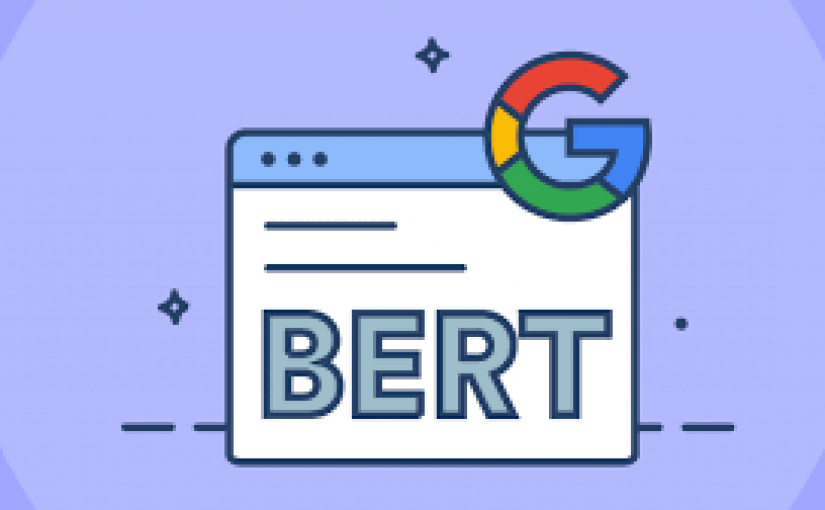Google makes constant updates to the algorithms every year for increasing relevance in the SERP. As an online marketer, you are already aware of this fact. So far, BERT has been one of the most significant algorithm updates rolled out by Google and is considered the most significant change since the search engine giant released Rank Brain.
How PPC Affects After BERT Update; Impact on Promoters
Not to mention, this update has left the advertisers curious as to what exactly BERT is and how PPC affects after the BERT update. What impact will this update have on the search results now? To get answers to all these questions, you need to read the article.
What Is BERT Update?
BERT stands for Bidirectional Encoder Representations from Transformers. This algorithm uses a neural network to facilitate a contextual understanding of the content through Natural Language Processing.
Previously, Google’s search processors analyzed the words in a search query in the same order they were entered in, i.e., left to right. But, under the BERT algorithm, the users’ search queries are processed bi-directionally.
In other words, the BERT update helps Google to understand the use of prepositions in a search query or comprehend the words that have double meanings. This enables the search engine to produce better results by understanding the users’ context, intent, or words in the query.
Thus, we can say, Google is getting smarter for search day by day. So should you!
Let’s discuss how the BERT algorithm update will affect the PPC or paid search advertisers.
How Will PPC Affect After BERT Update?
While most digital marketers are discussing the impact of the BERT update on SEO, some are concerned about the effects of BERT on PPC. However, since SEO and PPC go hand in hand, thinking that BERT won’t affect paid advertising isn’t wise.
Let’s have a look at what the BERT update implies for paid search advertisers.
BERT Implications For PPC Advertisers
BERT algorithm update will force the advertisers to shift their focus around users’ intent-based strategies. Let’s see how!
With the BERT update, Google has become even more determined to translate the users’ needs based on their search queries. Thus, paid advertisers also need to prioritize the users’ intent. Therefore, they need to understand and address the users’ plan and provide them with the most relevant results rather than irrelevant promotions.
So, advertisers need to become more skillful at understanding the intent of the searches based on the keywords of paid campaign targets.
BERT Update Impact On Promoters
Suppose a user searches, ‘how to change the oil in your own car.’ They will see numerous adverts for car oil changes in the search results. Some of the adverts may also offer special deals. But, these offers and specials aren’t what the user is searching for. As a result, the advert becomes irrelevant to the users’ search query.
As the user wants to know how to change the oil in their car on their own, the paid search advertisers need to remain relevant to the search query by adjusting or changing their strategy. For example, one can add additional informational content or offers on tools required to carry out the process.
Aside from adjusting the Ad strategy for getting CTR, you also need to ensure that your landing page copy and Ad match the changes.
What If You Don’t Embrace Intent-Based PPC Strategy?
Well, it won’t offer the best customer experience. If you fail to target the intent of the search phrase and present a series of irrelevant Ads, the user might not be interested in, your Ad’s relevancy score will drop.
As a result, the CPC will increase, and the clicks you have managed to gain will drop. Moreover, Google may not display your Ads in the search results. So, it won’t be wrong to say that paid search needs to align with the users’ intent or face the impact of BERT.
What Does the Future Hold For PPC Under BERT?
As BERT will affect content marketing and SEO, it is likely to impact PPC marketing too. However, it might take more time to see the most meaningful impact of BERT on PPC. Therefore, the best way to approach this new arena is to start slowly.
An intent-based strategy is the most scalable starting for future growth. While implementing this strategy at every stage all at once is quite hard, you can take it as an expansion plan for the future.
Furthermore, if the use of long-tail keyword phrases continues, there will be an excellent chance for the marketers to mine new keywords and boost the existing Ad groups.
Below is what PPC advertisers can do to leverage BERT update-
- Focus more on Dynamic Search Ads. It helps you take advantage of Google’s AI to automatically create Ads based on the users’ search queries. These dynamically generated Ads will work well with BERT, allowing better ROI on the PPC campaign.
- Align your intent-based strategy with budget, campaign, or metrics with all the users’ intent stages.
- Retailers should craft adverts to reach the consumers’ intent at every stage of the sales funnel. If you don’t have enough budget to build such a strategy, you can target intent instead of keywords. In addition, you can partner with a pro PPC service provider to navigate the challenges this tactic may present.
- Run a test campaign by expanding the previous keywords; it will help you become more precise in intent.
Conclusion
Thus, Google has become smarter. But, unfortunately, marketers also need to get smarter to respond to it. BERT update provides the search engine with a better opportunity to understand what people are seeking. While it is good news for the users, it is a bit challenging for PPC advertisers, SEO professionals, and content creators.
So, it’s high time to adopt an intent-based strategy for delivering the information that users want. Once you become capable of carrying an intent-based advertising campaign that aligns with BERT changes, you will start generating better ROI in no time.


















